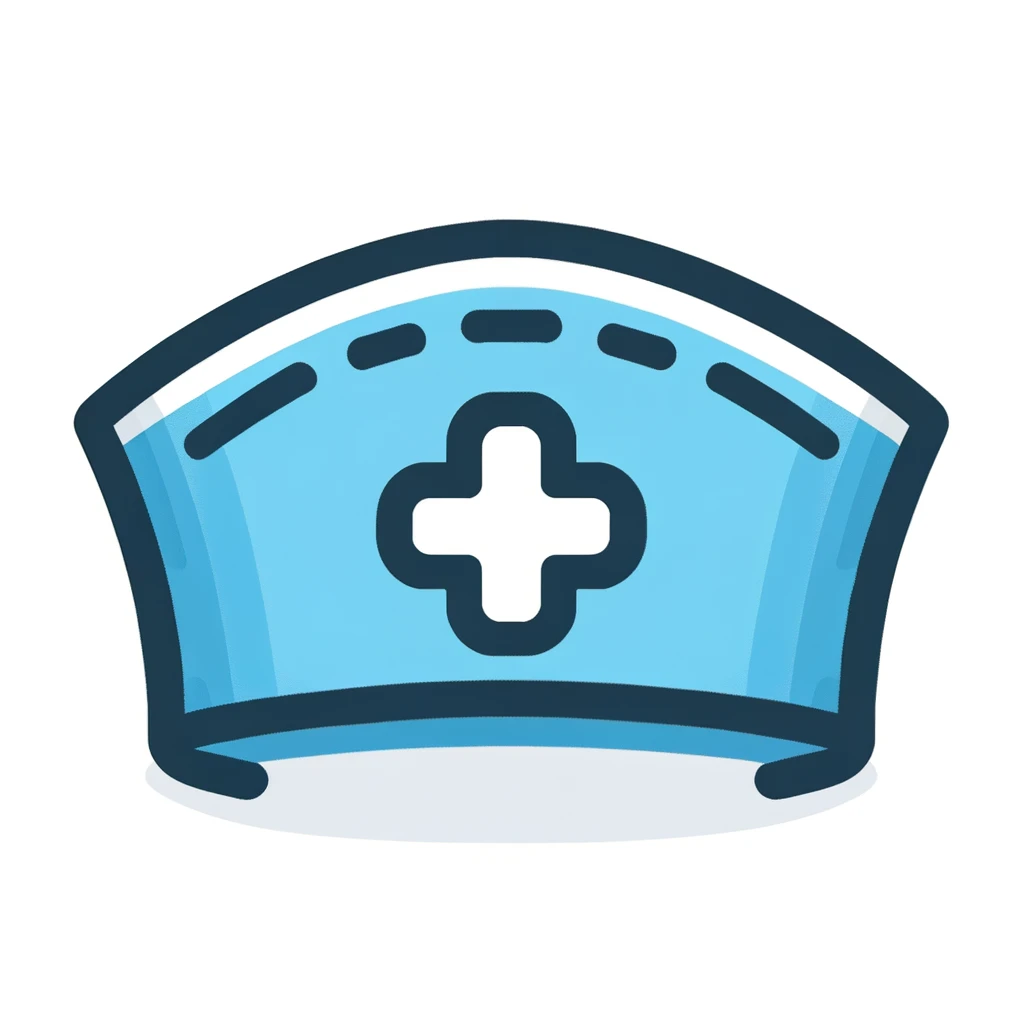Balanced Reading Comprehension Question Generator-AI-based Reading Question Generator
AI-powered question generation for deep comprehension.
Enthusiastic, friendly academic GPT for reading questions.
Create comprehension questions for this text:
Formulate a true/false question based on this passage:
Generate a discussion question for this story:
Design a multiple-choice question for this article:
Related Tools

Question Maker
Creates a range of academic questions from PDFs.

Quiz Maker
Give you quiz assistant for diverse academic subjects and levels.

Perplexity GPT
Fast, accurate search assistant alternative to search engine

Multiple Choice Question Generator (education)
Generates clear, relevant multiple-choice questions on various topics.

MCQ Creation Assistant
Generates high-quality multiple-choice questions with detailed feedback based on topics or texts you provide.

Quiz Master
Extracts MCQs from content and simulates tests.
20.0 / 5 (200 votes)
Introduction to the Balanced Reading Comprehension Question Generator
The Balanced Reading Comprehension Question Generator is an advanced tool designed to create diverse, well-structured multiple-choice questions aimed at assessing and enhancing reading comprehension. Its primary function is to analyze a given text and generate questions that test various cognitive skills, such as understanding key details, making inferences, evaluating arguments, and interpreting vocabulary in context. The tool is engineered to cater to different levels of text complexity, ensuring that questions are appropriate for the reader's proficiency level. For example, when analyzing a complex literary text, the generator might create questions that require a deeper analysis of themes and character motivations, while a simpler text might prompt more straightforward questions about main ideas and specific details. By incorporating various question types, it ensures a balanced assessment that can be used in diverse educational contexts.

Main Functions of the Balanced Reading Comprehension Question Generator
Text Analysis and Key Concept Identification
Example
When provided with a text on climate change, the generator identifies key concepts such as 'global warming,' 'carbon footprint,' and 'renewable energy.'
Scenario
In a classroom setting, a teacher uploads an article on climate change. The generator analyzes the text, identifies the central ideas, and creates questions that help students focus on understanding these critical points.
Creation of Diverse Question Types
Example
For a passage from a novel, the generator might create a mix of questions, including ones that ask about the main idea, character motivations, or the meaning of specific words in context.
Scenario
In a standardized test preparation course, the instructor uses the tool to generate practice questions that cover a range of cognitive skills, helping students prepare for the variety of question types they might encounter on the exam.
Balanced Distribution of Correct Answers
Example
The generator ensures that the correct answers to a series of questions are evenly distributed across the four multiple-choice options, preventing patterns that could lead to guessing.
Scenario
In an online learning platform, the generator is used to create quizzes. By balancing the distribution of correct answers, it ensures that students cannot easily guess the correct answers based on patterns, leading to a more accurate assessment of their knowledge.
Ideal Users of the Balanced Reading Comprehension Question Generator
Educators and Teachers
Teachers benefit from the generator by using it to create quizzes and tests tailored to their curriculum. It helps them assess students’ understanding of reading materials, identify areas that need improvement, and offer targeted instruction based on the results.
Students and Learners
Students preparing for exams can use the generator to practice with questions that mimic the format and difficulty of standardized tests. It allows them to hone their comprehension skills, receive immediate feedback, and focus on areas where they need more practice.

How to Use the Balanced Reading Comprehension Question Generator
1
Visit aichatonline.org for a free trial without login, also no need for ChatGPT Plus.
2
Upload or paste the text you wish to analyze into the input field. This text can range from short articles to complex academic passages.
3
Specify the number of questions you'd like to generate and select the difficulty level or specific focus areas (e.g., vocabulary, inference, analysis).
4
Review the generated questions and answers. Make any necessary adjustments to ensure alignment with your specific educational goals or assessment criteria.
5
Download or copy the questions and use them in your assessments, quizzes, or study materials. For best results, integrate the questions into diverse educational contexts to maximize comprehension and engagement.
Try other advanced and practical GPTs
GIS Expert
AI-Powered GIS Expertise at Your Fingertips

Viral Social Media Post Generator
AI-driven content for viral engagement.

Children Picture Book Master
AI-powered tool for creating Pixar-style children's book illustrations.

Registered Nurse
AI-powered insights for healthcare professionals

Landing Page Copy Expert
AI-Powered Copy for High-Conversion Landing Pages

Alex Hormozi $100M Offer Generator
AI-powered tool for crafting irresistible offers.

Write 100% Human Written Content
AI-powered content creation tool
BigBosser Non Commerce SEO Writer
Your AI-Powered Non-Commerce SEO Solution

我的溫柔女友_Naoko直子
Your AI-powered creative companion.
Data analist: Excel en CSV analyse 🤖🕵️
AI-powered data analysis for Excel and CSV files

SEO InLink Optimizer
AI-Powered Internal Link Optimization.

MySQL Maestro
AI-powered tool for mastering MySQL databases.

- Content Creation
- Exam Preparation
- Classroom Assessments
- Study Tools
- Reading Practice
Frequently Asked Questions about the Balanced Reading Comprehension Question Generator
What types of texts can the Balanced Reading Comprehension Question Generator handle?
The tool is designed to handle a wide range of texts, from simple narratives and expository texts to complex academic and technical passages. It can generate questions that test various aspects of comprehension, including vocabulary, inference, analysis, and synthesis.
Can I customize the questions generated by the tool?
Yes, you can customize the questions by selecting specific focus areas such as vocabulary or inference, adjusting the difficulty level, and specifying the number of questions. Additionally, you can review and modify the generated questions to better suit your specific needs.
Is there a limit to the number of questions I can generate?
There is no strict limit to the number of questions you can generate in a single session. However, for optimal performance, it's recommended to generate a reasonable number based on the length and complexity of the text to ensure the questions are accurate and relevant.
How accurate are the questions produced by the Balanced Reading Comprehension Question Generator?
The tool uses advanced AI to analyze the text and generate questions that are contextually accurate and aligned with the text's content. However, it's always a good practice to review the questions to ensure they meet your specific educational objectives.
What are the common use cases for this tool?
The Balanced Reading Comprehension Question Generator is ideal for educators creating assessments, students preparing for exams, content creators developing educational materials, and anyone looking to enhance their reading comprehension skills through targeted questioning.